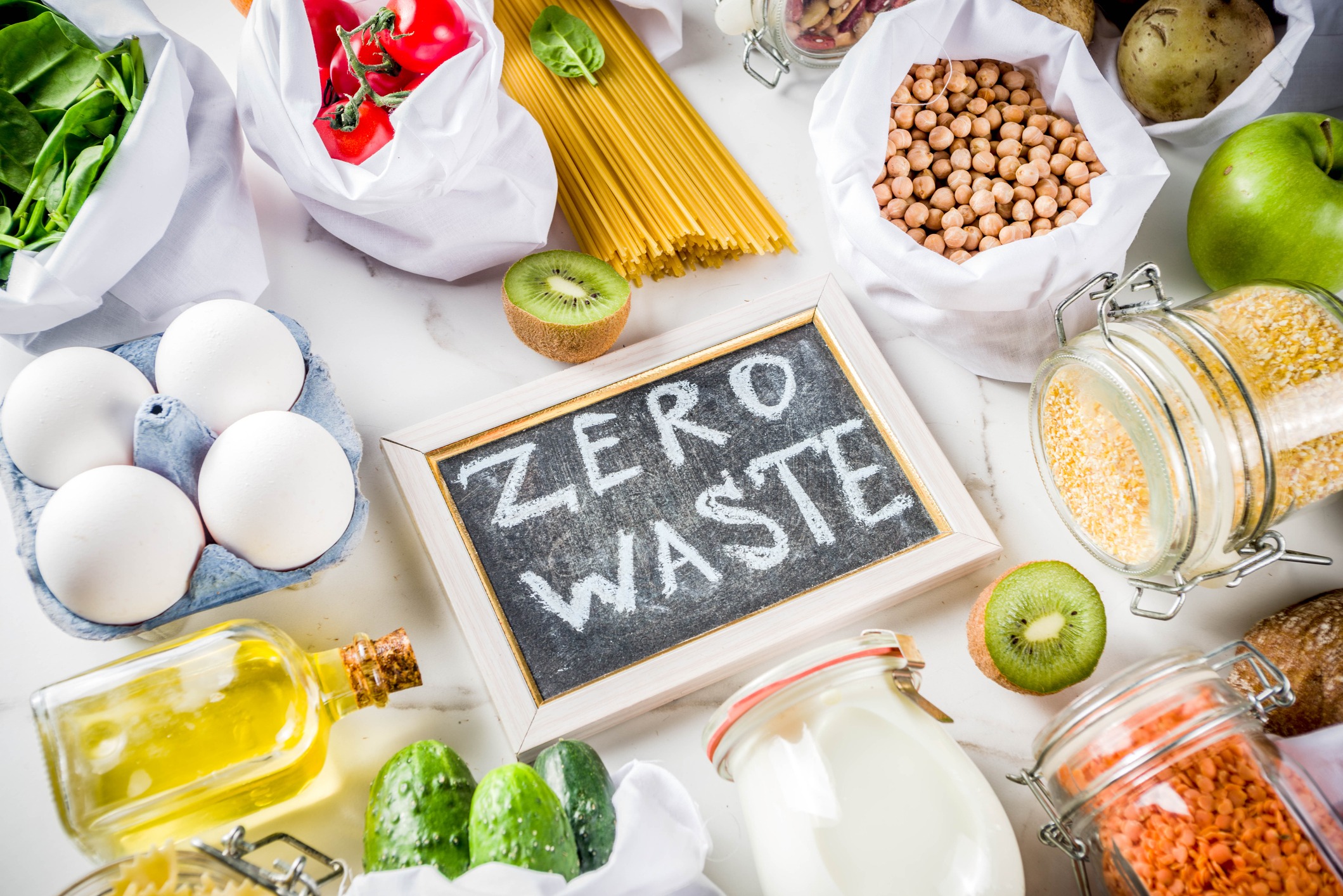Over at the Apella Restaurant on 29th St in New York City, big wigs from the World Bank and major retailers announced landmark developments toward halving food loss and waste by 2030, keeping in line with the UN’s Sustainable Development Goal (SDG) Target 12.3. It aims to “halve per capita global food waste at the retail and consumer levels and reduce food losses along production and supply chains, including post-harvest losses.”
“Every year the world is wasting 1.3 billion tons of food. That’s simply unacceptable,” said Dave Lewis, Chair of Champions 12.3 and Group Chief Executive of Tesco, kicking off the event. “Food that’s produced but never eaten costs the global economy $940 billion annually and emits 8% of the greenhouse gases driving climate change.”
Snapshot: Stats on food loss and waste
Source: FAO, IFAD, UNICEF, WFP, WHO, WRAP |
The biggest takeaways? First up, the World Bank’s committed over $1 bn in sustainable development bonds to combat food loss and waste at the Champions 12.3 event . Since kicking off its first transaction in March 2019, the pledge is part of a campaign to raise awareness for the importance of combating food loss and waste.
World Bank bonds support the financing of sustainable development projects and programs in member countries. This includes the support to middle-income countries to address food loss and waste from farm to fork, with investments in infrastructure, access to markets and logistics, as well as waste management.
Here’s a little more info about the team behind the event. Champions 12.3 is committed to accelerating progress toward achieving the UN’s sustainable development target of halving per capita global food waste at the retail and consumer levels, and through production and supply chains by 2030.
The coalition has found that more than two-thirds of the world’s 50 largest food companies have set targets in line with Target 12.3, in its latest report. It also noted that more than 40% of them are measuring their food loss and waste, with one-third are pursuing actions at scale to reduce waste in their own operations.
What did retailers pledge?
At the event, major players in the space, Tesco and Sodexo did not disappoint with their announcements to revamp big global supply chains. Tesco called for the reporting of food waste by retailers and hospitality businesses to be made mandatory. Company CEO Lewis, said “a lot of food companies have pledged to tackle food waste, but without transparency will not be able to judge if they are delivering on their commitment,” he said, adding that “the UK government has indicated it will introduce mandatory reporting and we call on them to do this urgently.”
Tesco was the first UK retailer to publish food waste data in 2013. It released its seventh year of results on Tuesday, including figures for 27 own brand suppliers and 11 branded suppliers. Tesco said it has halved the amount of food safe for human consumption that it wastes since 2018, with food waste now representing 0.1% of food sales.
“1.3 billion metric tonnes of food… is wasted or lost annually”
Meanwhile, Sodexo has renewed its €1.3 billion revolving credit facility, which is the main driver behind its goal to prevent 50% of the food waste and food losses from its operations by 2025. At the event, company CEO Denis Machuel sent a clear signal to all his company’s stakeholders that Sodexo is accountable at all levels, including in its financing, for preventing food waste “from farm to fork”.
“1.3 billion metric tonnes of food – a third of the food produced annually – is wasted or lost globally. This is unacceptable both from an environmental and a business perspective. Together with our suppliers, clients and consumers, we will do our part by preventing 50% of the 117 thousand metric tonnes of food wasted or lost annually within our collective reach,” added Machuel.
Earlier in May 2019, the French food services and facilities management launched its data-driven food waste prevention program, WasteWatch, at 3,000 sites worldwide within a year. It aims to deploy the program to all relevant Sodexo sites by 2025.
Capping food waste? Let’s start with the world’s most popular grain.
At Champions 12.3, the Sustainable Rice Platform (SRP), a global multi-stakeholder alliance, including Olam, Mars Food, Loc Troi, Ebro Foods, also called upon its members and the wider industry to commit to halving post-harvest rice loss and waste by 2030. SRP will work with its partners to identify hotspots, set up a task force, develop a roadmap, find best practices to accelerate change and monitor industry actions toward achieving its goal.
“More than half of the world population consumes rice three times a day. The SRP promotes broad-scale application of the world’s first rice sustainability standard, which leads to more efficient farming systems and the availability of ‘better rice’,” said Matthias Bickel, SRP’s Board Chair. “This means higher farm incomes, a safeguarded environment and reduced GHG emissions. We look forward to working with WRI and our value chain partners to implement practical programs to prevent food loss and waste in rice value chains, raise consumer consciousness and catalyze behavioural change.”
This initiative is set to revamp the practices of the 144 million small farmers worldwide whose livelihoods depend upon rice, as well as clamp down on greenhouse gas emissions. Here’s a startling fact though. Though seemingly innocuous in nature, the rice producing industry is said to generate some 16% of all greenhouse gas emissions. Needless to say, reducing rice loss and waste can shrink the agriculture’s climate change footprint on a whole, while enhancing food and nutritional security at the same time.





